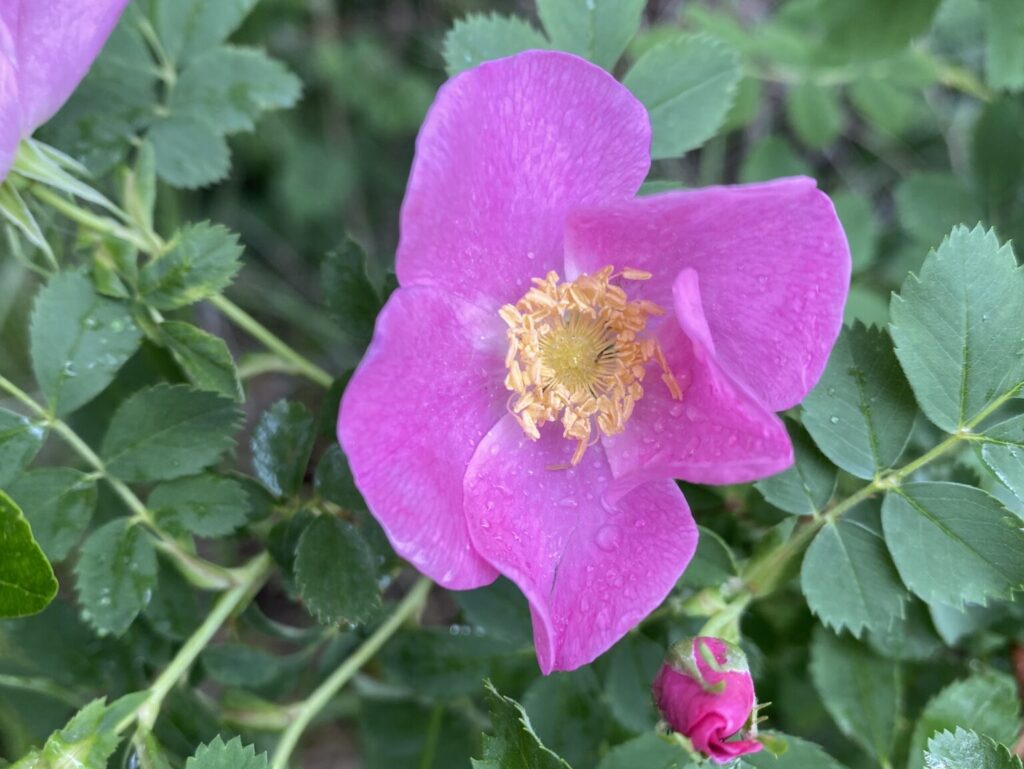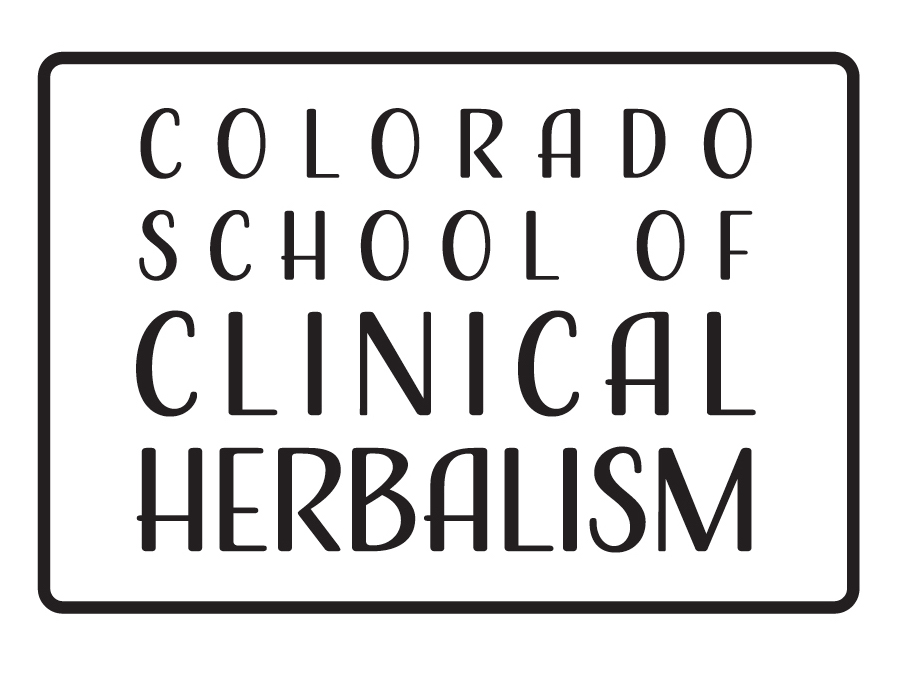
By: Taylor Fish
Stress Support
Stress is very prevalent in our day to day lives, whether physical, emotional, or both. To think of all the ways is stress-inducing in itself. Any kind of stress will affect our body systems in complex ways, however many of the ways we can combat this bring us back to the basics. One of the best things that we can do, is learn how to tend to ourselves in ways that balance and counteract the effects of stress. This can be through vitalist practices, supplements, herbs, diet, connection with other humans and nature, and incorporating little practices from all of these areas can be all encompassing support.
A good place to start is to identify specific areas within yourself that you are feeling unease. Common areas that we can feel effects of stress are in our minds, our heart/chest area, in the digestive system, in our reproductive health, there can be effects on our hormones in general, etc… but with this knowledge you can find a place to direct therapeutics. There are things we can do to support acute symptoms that come up in a specific area of our body, and also practices that will support the body’s stress response overall. For example, if you’re feeling stressed and beginning to feel tension in the heart and chest area, and your heart rate is increasing, breathing exercises such as box breathing can bring us back into our body (if deep breathing feels safe), and tapping, which is a physical practice of using the tips of your fingers to gently but firmly tap repeatedly on different parts of the body, can make us feel grounded and centered again. If we’re stressed before, during or after a meal, this can affect our digestion in many different ways. If it presents as losing your appetite, bitters can help stimulate the digestive system and help bring the feeling of hunger so this doesn’t potentially last for hours. If there is digestive discomfort, light stretches, massage or going for a walk after meals can help ease symptoms. If you tend to wake anxious, cold water therapy in the shower instantly allows you to feel more connected to your body, as it forces you to breathe deeply and be nowhere but the present moment. The effects last long after you’re out of the water, and can be a great way to ease yourself (and your nervous system) into the day. Focusing on acute symptoms can provide ease in the moment, but it is important to also recognize when symptoms are no longer acute, and showing up because chronic stress is the root.
Sometimes it’s difficult to know when stress is becoming chronic. When the stressor is not the same over time, when stress makes it hard to account for how much time has passed or how long you’ve been feeling this way, when we don’t account for physical or dietary influences as having the same effect that mental or emotional stress can, it can be hard to identify something as being chronic. Journalling can be helpful, as well as talking to someone (like your herbalist) can help decipher rough timelines and make connections with symptoms too. While therapeutics for acute symptoms will still be helpful for in the moment discomfort, this is when it will be important to begin building consistent practices and habits that nurture the nervous system and support its restoration. Examples of this can be reducing caffeine intake and not drinking caffeine on an empty stomach, reducing sugar intake, increasing protein (working up to and aiming for at least around 100g per day) especially at breakfast, eating lots of whole foods in a variety of colors, balancing blood pressure, maintaining consistent hydration, spending time outside or in nature on a regular basis, cold water therapy, breathwork, the list goes on…. Supplementation can be helpful if getting nutrients from our diet is hard (there can be many reasons for this), and also for the reason that stress depletes our nutrient stores. The stress response uses many different vitamins and minerals and causes many chain reactions in the body in order to carry out its purpose, usually a flight or fight response, which is not inherently bad. But, this is why chronic stress aka an overactive fight or flight response, leaves us depleted. The body is prioritizing the stress response over all else for what it believes to be survival, and the different systems in our body are not getting the nutrients they need to function properly. Nutrient deficiencies will vary from person to person but generally, magnesium, a B complex multivitamin, and quality fish oil supplements are great places to start.
While herbs should not be relied on as the only thing we are doing to restore and rebalance our nervous system, they are powerful allies. There are several classes of herbs that can help us feel more relaxed in our body, help with anxiety, and some that over time can restore the normal function of the nervous system. Nervines are herbs that directly target the nervous system and can be an immediate help to a misdirected fight or flight response, and nervine trophorestoratives, when taken over extended periods of time (this will range from person to person), work to restore the nervous system and correct our quick to act sympathetic nervous system response, aka fight or flight. Relaxants do just what you’d expect, relax the body, and depending on the herb can also target the different musculature in the body, which we would then call an antispasmodic. Sedatives should only be used around bed time, but can be helpful if anxious states are impacting our sleep or making the time before we lay down to bed stressful, which can impact our quality of sleep. It can also be reassuring in itself, to just know that you’ve got herbal, nervous system support right in your pocket. There are many herbal allies that can fall into the nervine or “relaxing herb” categories, and while what works for someone might not work for the next, there is surely an ally for each individual.
Last, but surely not least, is the importance of connection. Feeling connected to others and to the natural world, is so important for us to feel that we are apart of this life, and not just watching it happen to us. When we feel connected, we know that we are not alone in our experiences, in our feelings, in this world. Sometimes you don’t realize how heavy this weight can be, until you have a feeling of connection to the life around you. When we feel connected to our surroundings and the people in them, this can be a door to feeling more connected to ourselves as well. One does not necessarily come before the other, but they absolutely relate to one another. Deepening our connection to what is external, helps deepen our connection internally, helps us learn, helps us grow, helps us see things that we cannot see when alone. Connection looks different to each individual of course, but it is needed nonetheless.
My goal for this article is to highlight the role that the nervous system plays in the body, and the role it can play in symptoms that come up for us. Stress, whether physical, nutritional, or emotional, has not been recognized as being a contributor to health imbalance historically, and still today. But we know now, and some of us have known all along, that we cannot separate the two. And even if it is not the root cause of someone’s symptom picture (we also know that there is usually never just one thing), supporting the nervous system can always help.
